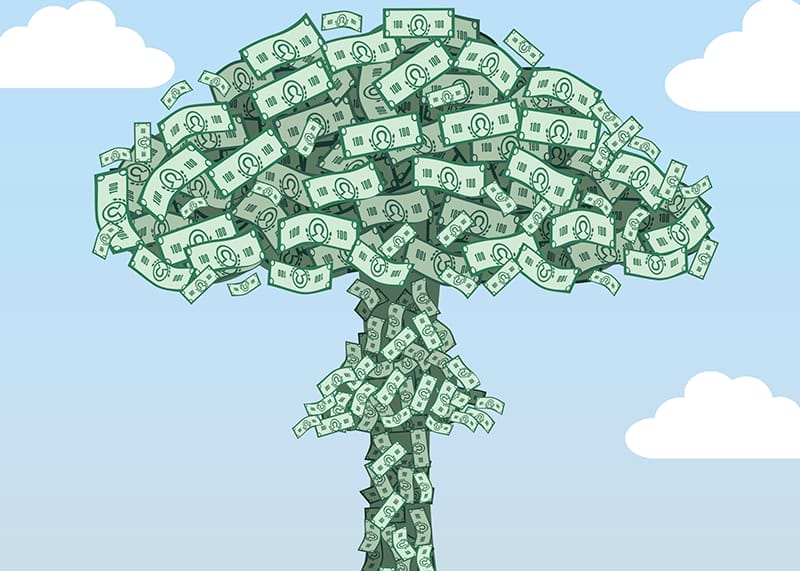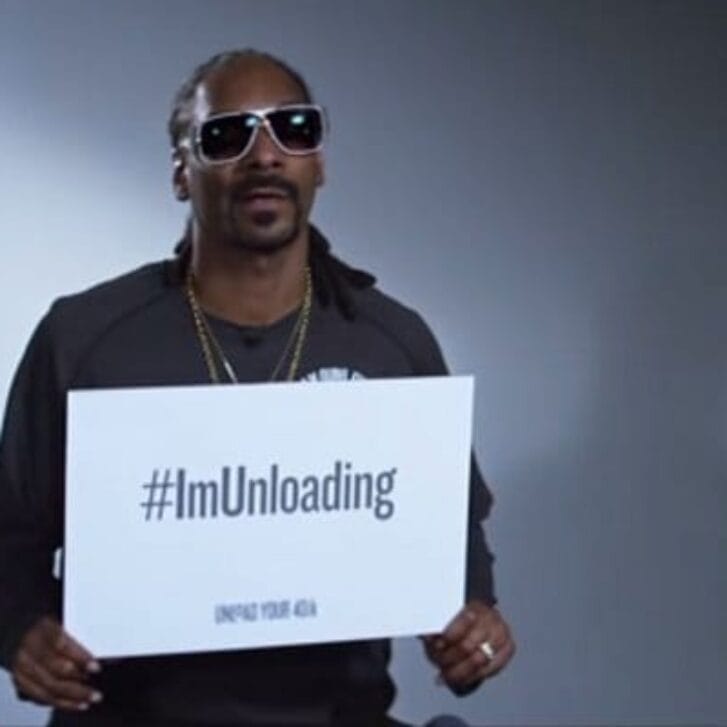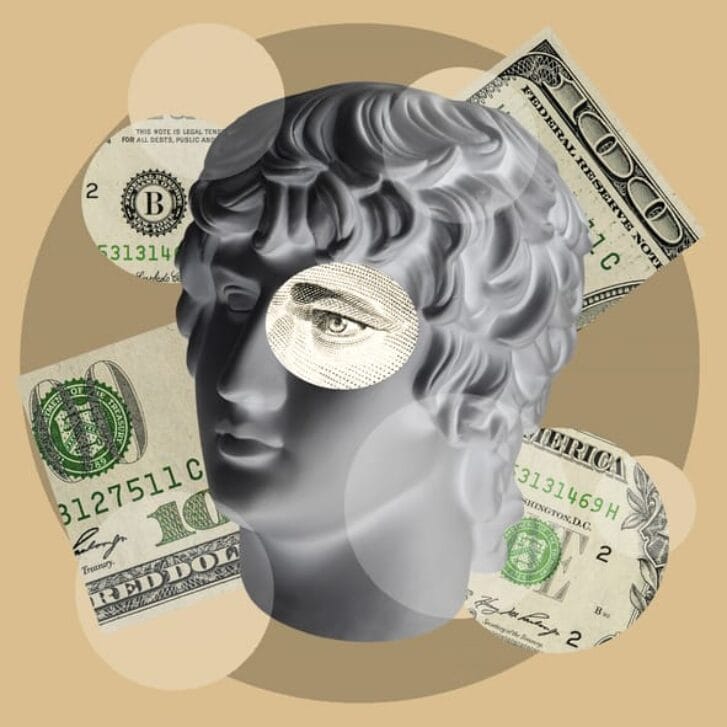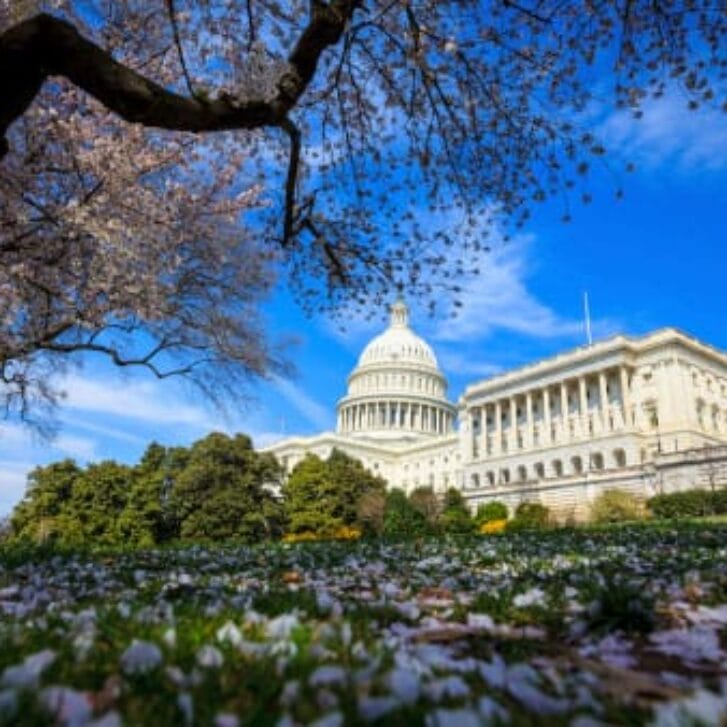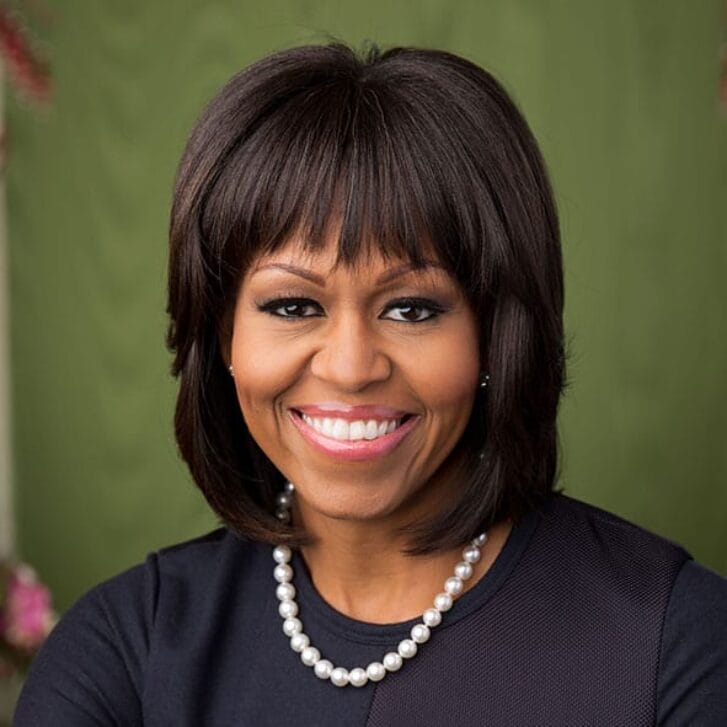The World Economic Forum declared that “inequality is one of the key challenges of our time.” The network’s experts identified it identified as the most significant trend of 2015 and second-most in 2014.
“Income inequality specifically is one of the most visible aspects of a broader and more complex issue, one that entails inequality of opportunity and extends to gender, ethnicity, disability and age, among others,” WEF authors wrote. “This affects all countries around the world. In developed and developing countries alike, the poorest half of the population often controls less than 10 percent of its wealth. This is a universal challenge that the whole world must address.”
Winnie Byanyima, executive director of Oxfam International, wrote in January 2016 how 62 was this year’s “magic number.”
Her point: “62 people now have the same wealth as 3.5 billion people who make up the poorest half of the world’s population. This figure (62) is down from 388 individuals as recently as 2010.”
These richest 62 people on the planet, she continued, have seen their wealth increase by $542 billion—44 percent—in the last five years. The 3.5 billion poorest, on the other hand, have seen their wealth shrink by over $1 trillion—or 41 percent.
Is Byanyima confident this trend will change? She does not see wealth trickling down; instead, tax havens and wealth managers ensure it stays with the 62.
At Davos in 2016, Sarita Nayyar, the World Economic Forum USA’s managing director, sounded an update note. Nayyar held an interview with The Huffington Post‘s Caroline Modarressy-Tehrani. Speaking on technology, Nayyar indicated that advancements replacing blue- and white-collar jobs can empower those who may lack other options in an economy. She said, “I think the beauty of digital technology is that it allows anybody who can access the Internet and has a mobile phone in their hands … and has good ideas, can create tremendous economic opportunities for themselves.”
The world population should be able to increase incomes, on average, in the ensuing decades, with changes in ways and means to hide assets from governments, more technology transfers to underemployed people, improvements in governance in many parts of the world, the infusion of Internet communications technology and the enhancement of banking systems through global Internet links. This can be done through the exchange of ideas, information, insights, skills and knowledge, from place to place, to bring more people into the economic mainstream of the global economy.
First and foremost in this new age is the need for freedom. Freedom breeds opportunity. Freedom comes in the form of two things: the freedom to sell one’s labor or economic product and the freedom to participate and compete in the economy. All this is dependent upon a democratic process in the political systems that oversee economies. All economies are overseen by some form of government, whether it’s the president or the chief or the godfather. So we need participatory democracy to be competitive in the global economy, and the model of governance is the issue in the places with the greatest needs for equality of opportunity.
If that government is democracy, as is the case in the United States, the free participation of each individual is assured by the system of government. It is not always the case, but the freedom to access information, to self-educate and to get all the information in the public domain is inherent in the U.S. system. With this democratic process in place and the availability of the Internet, people have a fair opportunity to find economic links and ways to benefit in the exchange.
Thus, the most important consideration is trust in the fairness of the process through banking laws and regularly scheduled elections. That trust promotes self-interests. The democratic expression of pure self-interest leads to the chance for everyone to participate in the economy, fairly, through the fair application of the law and the fairness in the democratic political system.
Add crowdfunding and the sharing economy, and people will be able to create transactions and investments in locations that are connected to one other and to global self-contained financial sources. Democratically pursued self-interested commercial activity is the foundation of the free market system, a system that has the capacity to create a job for every individual through that individual’s uniqueness and creativity.
The alternative is, as the WEF identified, one of the greatest risks to our society as we know it. Wealth centered in the hands of a few is an invitation to conflict and upheaval. The countdown is on.




















